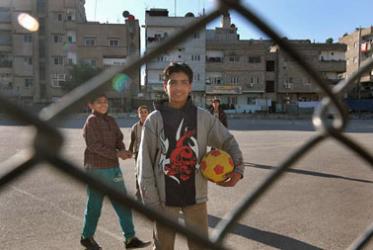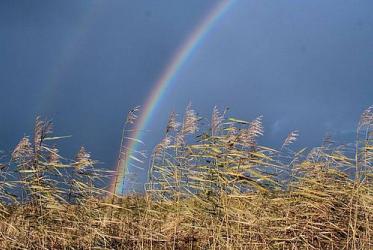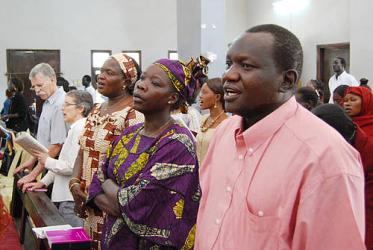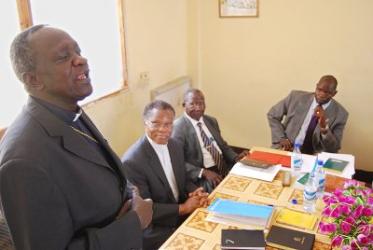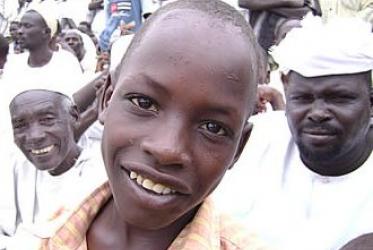Displaying 7521 - 7540 of 8652
"Ignored by the whole world" - a visit to Yambio, Sudan
17 April 2008
Bringing hope to a broken world
14 April 2008
WCC welcomes summit on Zimbabwe crisis
11 April 2008
Danish churches to dialogue with Muslims
10 April 2008
Former WCC staff Geneviève Jacques honored in France
10 April 2008
The WCC mourns the death of Father Vitaly Borovoy
10 April 2008
Sudan: churches at a crossroad
04 April 2008
Sudanese churches face "tremendous tasks and challenges"
28 March 2008
WCC calls for UN fact finding mission to Papua
17 March 2008
